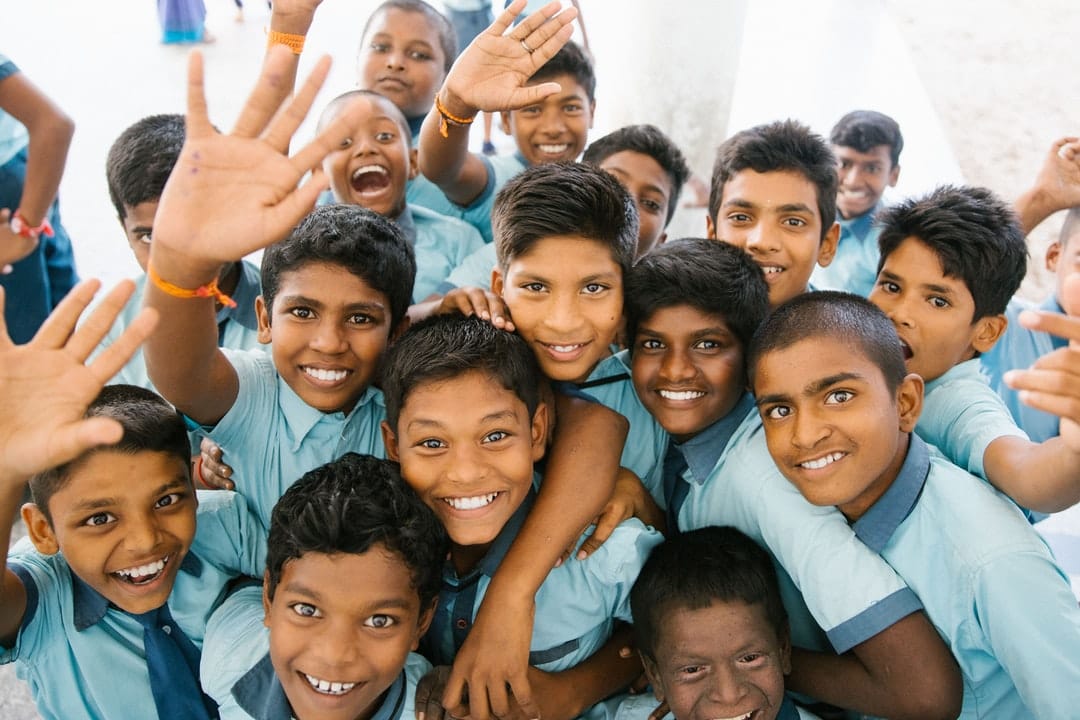
Annual Public Health Ph.D. Workshop

Date
20th & 21st -January-2022
Venue
Institute of Public Health, Bengaluru
Please fill this google form by 5th January 2022
About the workshop:
Ph.D. students in their journey are not only expected to equip themselves with the necessary skills and competency but also navigate through a demanding doctoral process. The lonely nature of the Ph.D. also prevents them from meeting their peers and interacting with them. Conferences, symposiums are such platforms where Ph.D. scholars get an opportunity to meet each other and build a network. However, considering the dominance of technical sessions within such platforms, it becomes difficult to engage and network with like-minded people closely. Thus, the aim of this workshop is to provide a platform that facilitates interaction among Ph.D. and aspiring Ph.D. students and stimulates learning from peers and experienced researchers.
This workshop is an amalgamation of technical sessions and informal conversations and would be conducted in a hybrid format with virtual and in-person sessions (if covid permits). The workshop will use interactive methods and activities to open up conservations among students not only related to the research process but also on their experience of traversing through the Ph.D. terrain. This is the first workshop of its kind at the Institute of Public Health, Bengaluru. We hope to organize this workshop on an annual basis.
What will the workshop offer to the participants?
1. Improve their scientific writing, and presentation skills and learn how to communicate their findings to a larger audience including fellow researchers, policymakers, and layperson
2. Build their reviewing skills and learn how to review a paper
3. Opportunity to network with their peers and boost their networking skills for conferences
4. Learn how to handle various challenges while traversing through the Ph.D. terrain
5. Gain an understanding of the scope and direction after Ph.D.
Who can apply?
The applicant must fulfill any of the below criteria to be eligible for applying for the workshop- Ph.D. student at the Institute of Public Health (IPH), Bengaluru
– Associated with IPH in any capacity and have an aspiration to pursue a Ph.D.
– Associated with any of the partner organizations of IPH and having an aspiration to pursue a Ph.D. or currently pursuing a Ph.D.
The total number of participants: We would like to restrict the number of participants to 20 only for a fruitful engagement. If there are more than 20 applications, we would select participants on a first come first serve basis. The preference will be given to currently pursuing Ph.D. students.
Fees details
The fee for the workshop is Rs.10,000/- (including GST) INR. The fee will cover accommodation (if needed), training costs, food, and workshop materials. A partial or full waiver will be awarded to deserving candidates. Kindly indicate if you need a scholarship in the application form and we will send you the scholarship form. Please note that we have a limited number of scholarships. Hence, we request you to apply if and only if it is necessary.
Session Covered
- Introduction and Welcome
- Pitch your Ph.D. in 2 minutes
- Learning from an experience: An interaction with a Ph.D. holder
- Skill-building session-1: Presentation, communication, and public speaking skills
- Skill-building session-2: A debate on inclusive science
- Skill-building session-3: Engaging meaningfully in a conference
- Skill-building session-4: Art of writing a thesis
- Skill-building session-5: Reviewing a paper
- Mental health in Ph.D.
- Post Ph.D. journey













